Understanding the Spiritual Essence of Eid-el-Kabir
Eid-el-Kabir, also referred to as the Festival of Sacrifice, is one of the most significant religious observances for Muslims worldwide. Marking the conclusion of the Hajj pilgrimage, this day celebrates the unwavering obedience and faith of Prophet Ibrahim, who was willing to sacrifice his son Isma'il as an act of devotion to Allah. Today, Muslims commemorate this event by sacrificing an animal, usually a sheep, goat, or cow, and sharing the meat with family, friends, and those in need. However, the observance of Eid-el-Kabir encompasses more than just the act of sacrifice; it is laden with traditions and Sunnah acts that underscore the deeper spiritual, communal, and joyous aspects of the festival.
The Importance of Sunnah Acts on Eid-el-Kabir
The observance of Sunnah acts on Eid-el-Kabir serves to enhance the spiritual dimension of the festival. Sunnah acts are deeds that Prophet Muhammad (peace be upon him) practiced and encouraged others to follow. These acts embody principles of purity, gratitude, and communal harmony, enriching the celebratory experience. Performing these Sunnah acts is a way for Muslims to express their reverence, devotion, and joy on this blessed day. Let's explore the nine important Sunnah acts recommended for Eid-el-Kabir.
1. Making Ghusl Before Congregational Prayers
The first Sunnah act to perform on Eid-el-Kabir is making ghusl, a ritual purification that involves taking a complete shower or bath. This act signifies physical and spiritual cleanliness, preparing one for the solemn and joyous occasion ahead. Performing ghusl before attending the congregational Eid prayer is a manifestation of purity, reflecting the individual's respect for the sacredness of the day.
2. Fasting Until After the Eid Prayer
While fasting is not obligatory on Eid-el-Kabir, it is Sunnah to abstain from eating until after the Eid prayer. This brief fast serves as a reminder of self-discipline and devotion. Once the prayers are completed, it is customary to break the fast with a portion of the sacrificial meat, symbolizing the fulfillment of one's religious duty and the sharing of blessings bestowed by Allah.
3. Donning the Best Clothes
On Eid-el-Kabir, Muslims are encouraged to wear their best clothes as a reflection of the joy and festivity associated with the day. Dressing in splendid attire is not just about appearance; it is a way to honor the occasion and express gratitude for Allah's bounties. Wearing new or clean clothes reinforces the themes of celebration, renewal, and divine blessings.
4. Applying Fragrance or Perfume
Another Sunnah act is the application of fragrance or perfume before heading to the mosque for the Eid prayer. This act enhances the sense of personal hygiene and cleanliness, adding to the overall atmosphere of joy and festivity. The use of fragrance is a subtle but meaningful way to enhance one's presence and contribute to the communal spirit of Eid.
5. Saying the General Takbeerat
The recitation of the general takbeerat after the Fajr prayer is a powerful Sunnah practice. These Takbeerat are expressions of praise and glorification of Allah, often chanted in unison by worshippers. This continual glorification serves as a reminder of the greatness and mercy of Allah, fostering a sense of collective devotion and spiritual elevation as the community prepares for the Eid prayer.
6. Using a Different Route When Returning from the Mosque
It is Sunnah to take a different route when returning home from the mosque after the Eid prayer. This practice carries multiple symbolic meanings: it demonstrates eagerness to spread the joy of Eid to different parts of the community and allows one to meet and greet more people, fostering a sense of unity and shared celebration.
7. Performing the Eid Prayer in Congregation
The Eid prayer, offered in congregation, is the cornerstone of Eid-el-Kabir festivities. This special prayer is typically held in a large open area or mosque, where Muslims gather to offer their prayers collectively. The sense of unity and brotherhood is palpable as believers stand shoulder to shoulder, engaging in worship and celebration together. This communal act strengthens the bonds of faith and fraternity within the Muslim community.
8. Connecting with Friends and Family
Eid-el-Kabir is a time for families and friends to come together, share meals, and celebrate. Strengthening familial and social ties is deeply ingrained in the spirit of Eid. Visiting relatives, calling distant family members, and spending quality time with loved ones are encouraged. These interactions reinforce the values of love, compassion, and togetherness that are central to the teachings of Islam.
9. Exchanging Gifts
Exchanging gifts on Eid is a cherished tradition that symbolizes generosity and affection. It is a way to share joy and foster goodwill among family and friends. The practice of giving and receiving gifts enhances the festive atmosphere and reminds believers of the importance of compassion and kindness. Even small tokens of appreciation can have a profound impact, strengthening relationships and spreading happiness.
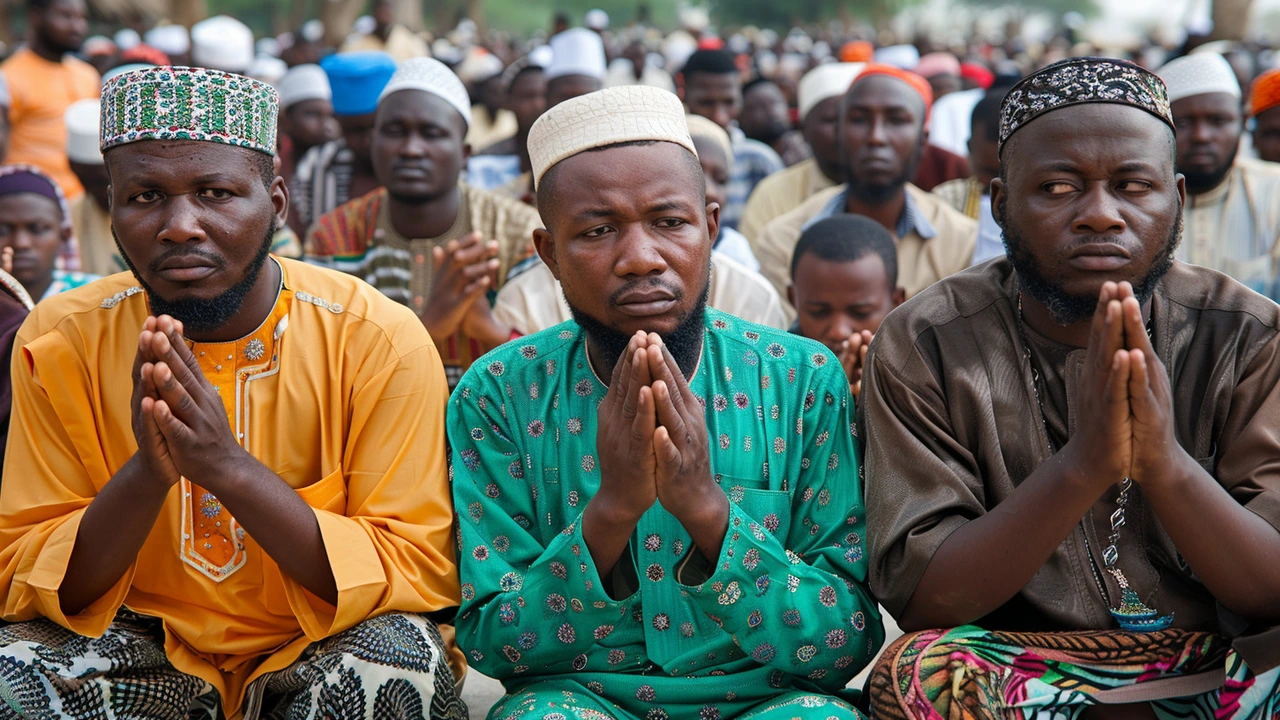
The Significance of the Day of Arafah
Eid-el-Kabir is closely preceded by the Day of Arafah, one of the most significant days in the Islamic calendar. On this day, pilgrims gather on the plain of Arafah, near Mecca, to seek forgiveness and mercy from Allah. For Muslims not performing the Hajj, fasting on the Day of Arafah is highly recommended, as it is believed to expiate the sins of the previous year and the year to come. The virtues of the Day of Arafah further enrich the spiritual tapestry of Eid-el-Kabir, setting the stage for the celebratory acts that follow.
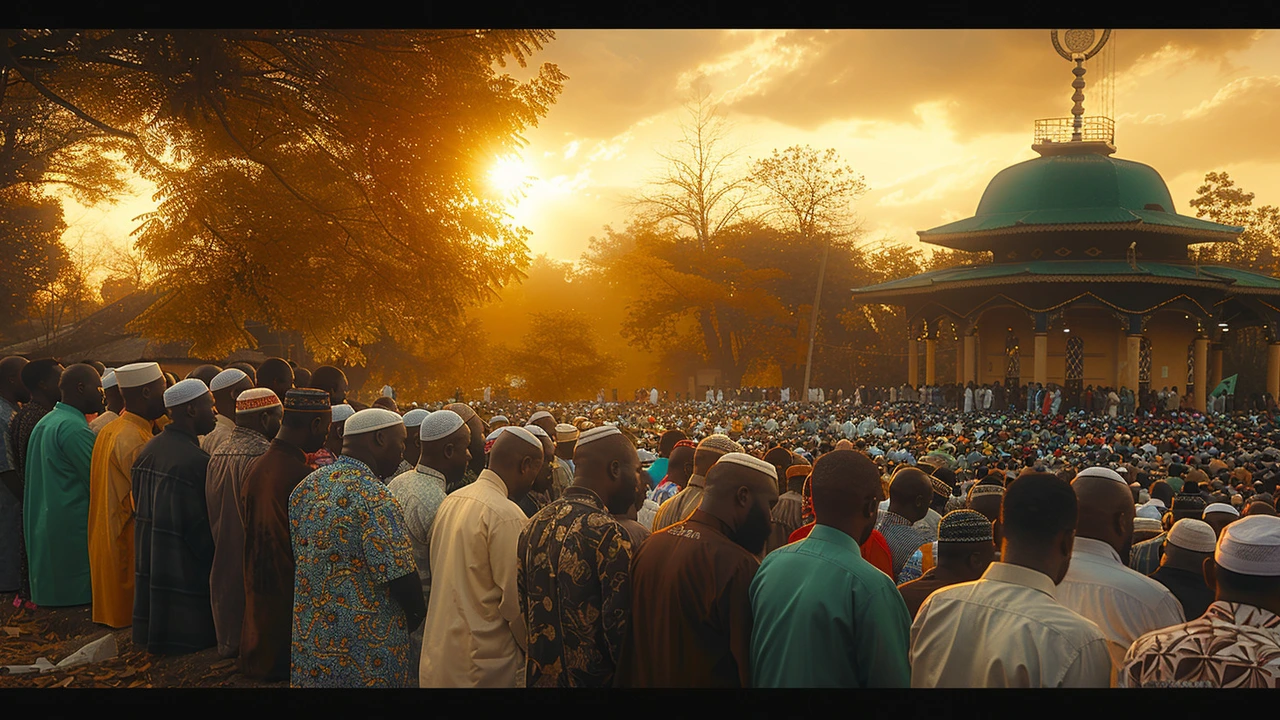
Conclusion: Embracing the Spirit of Eid-el-Kabir
In conclusion, the observance of these nine Sunnah acts on Eid-el-Kabir enriches the spiritual and communal experience of the festival. From the moment of making ghusl in the morning to the final exchange of gifts, each act serves to deepen one's connection to Allah, foster unity among Muslims, and spread joy and compassion within the community. By adhering to these practices, Muslims not only honor the traditions of their faith but also partake in a celebration that embodies the highest ideals of devotion, purity, and gratitude. As we observe Eid-el-Kabir, let us embrace these Sunnah acts with sincerity and zeal, thereby drawing closer to the divine and to one another in the spirit of brotherhood and love.

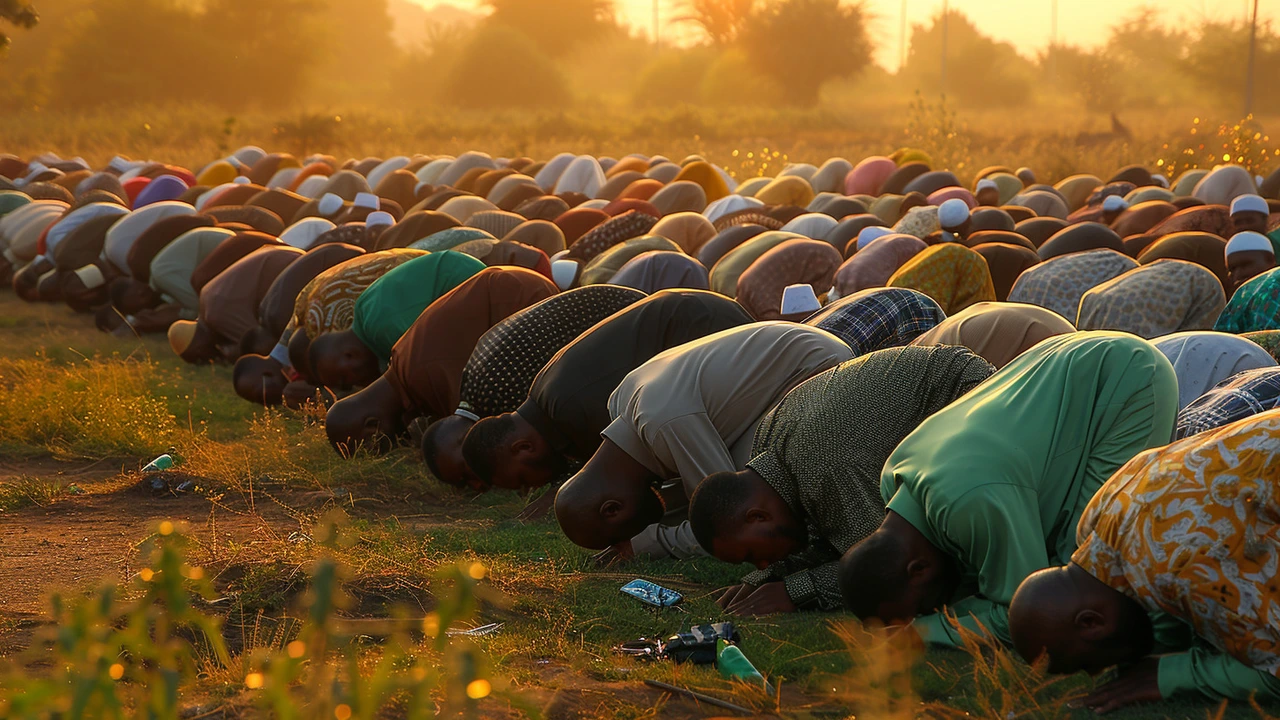
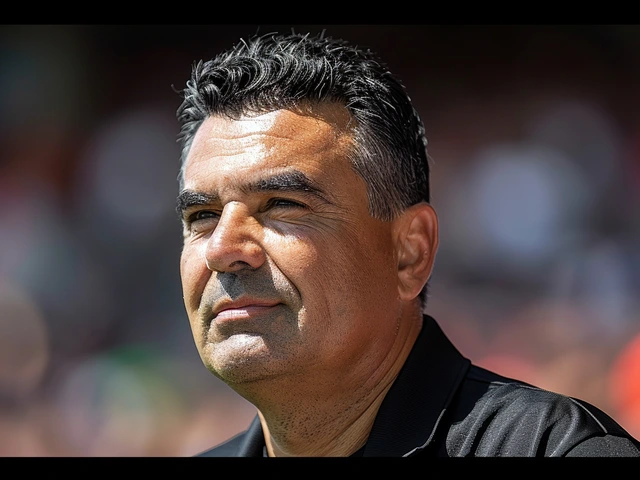



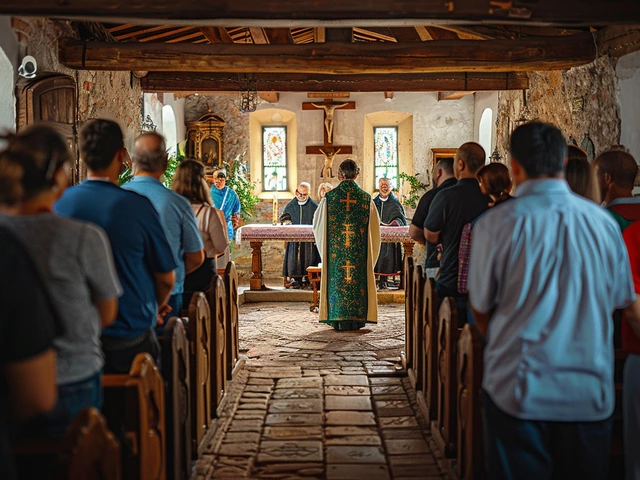
10 Comments
The ritual purification protocol known as ghusl serves as a phenomenological gateway that aligns corporeal cleanliness with metaphysical readiness.
The act of engaging in a full-body ablution initiates a somatic reset that primes the neurocognitive circuits for heightened receptivity to sacred utterances.
This corporeal sanctification is deeply embedded within the epistemic framework of prophetic tradition, thereby reinforcing ontological continuity.
Scholars of Islamic jurisprudence have delineated the ghusl as both a physical hygienic imperative and an emblematic gesture of spiritual humility.
When performed prior to the congregational Eid prayer, the ritual creates a communal resonance that amplifies collective élan.
The subsequent fast until after the Eid prayer operates as a temporal compression of self‑discipline, echoing the sacrificial narrative of Ibrahim.
Such temporal discipline crystallizes an internalized ethic of delayed gratification, which in turn fortifies communal solidarity.
Donning one's finest attire, in this context, functions not merely as aesthetic exhibition but as a performative articulation of gratitude.
The sartorial excellence conveys a visual testimony to the prosperity bestowed by divine providence.
Application of fragrance extends this sensory dimension, augmenting olfactory ambience and reinforcing the sanctified atmosphere.
The scented aura, when diffused within the congregational space, contributes to a multisensory tapestry that invigorates collective worship.
Recitation of the general takbeerat serves as a linguistic amplification of divine glorification, encoding the utterance within communal memory.
The strategic deviation to an alternate return route expands the geographic diffusion of celebratory greetings, thereby enhancing social capital.
The act of performing Eid prayer in congregation operationalizes a macro‑level synchronization of individual devotional vectors.
Engaging with extended kin networks through visits and gift exchanges cultivates relational reciprocity that sustains the social fabric.
Ultimately, each of these practices integrates ritual praxis with psychosocial reinforcement, producing a synergistic elevation of both individual piety and communal cohesion.
The integrity of our worship must surpass any outward display of tradition.
Applying a subtle fragrance before heading to the mosque not only enhances personal hygiene but also conveys respect for the sacred space :) It reflects an awareness that our outward conduct can mirror inner devotion, bridging the gap between form and spirit.
Think of the Eid prayer as a shared heartbeat of the community it reminds us that we are all part of a larger rhythm that beats in unison and that simple acts of kindness amplify that rhythm.
Indeed, the practice of taking a different route home, after the prayer, serves not only as a symbolic gesture of spreading joy, but also as an opportunity to encounter neighbors, to exchange smiles, to reinforce bonds, and to ensure that the festive spirit permeates every corner of the locality!
Fast before prayer.
Share the meat.
Wear clean clothes.
Give gifts.
Unite.
Adhering to these Sunnah prescriptions is not merely a devotional choice, it is a cultural bulwark that safeguards our communal identity against the erosion of secular homogenization, reinforcing the inextricable link between ritual fidelity and national cohesion.
This overly romanticized list glosses over the socioeconomic pressures that compel many families to sacrifice livestock, turning a sacred act into a burdensome transaction that strains community resources.
Yo the vibe is real the scent, the clothes, the gifts they all add up to a sick celebration that keeps the tribe tight.
Keep it up you’re doing great even if the details feel hazy it’s all about the love and the try – you got this!